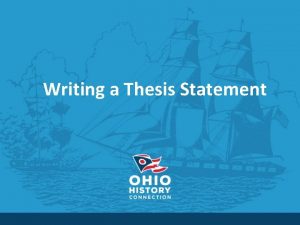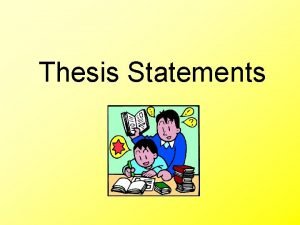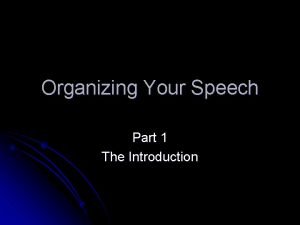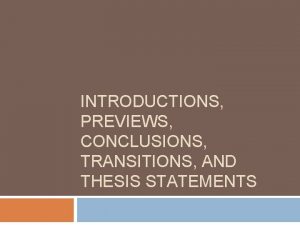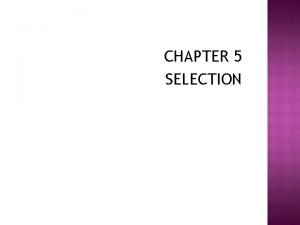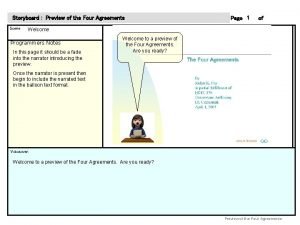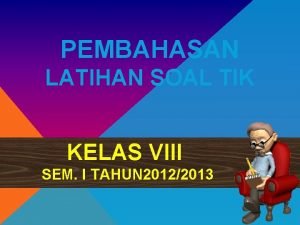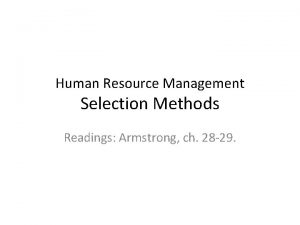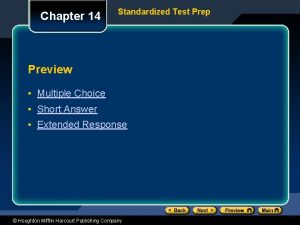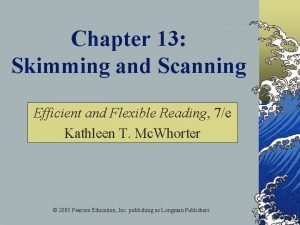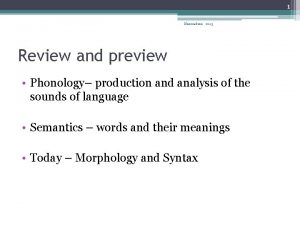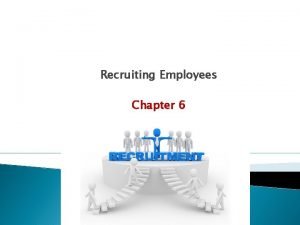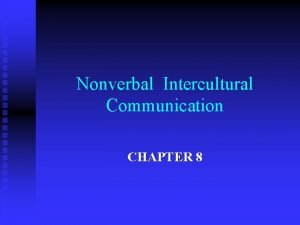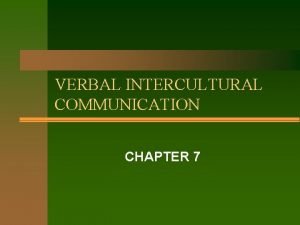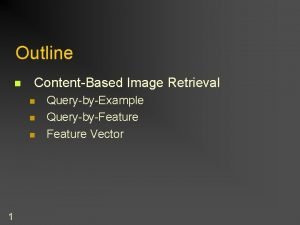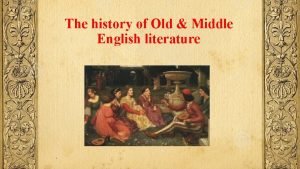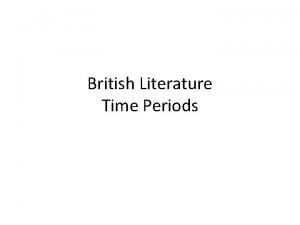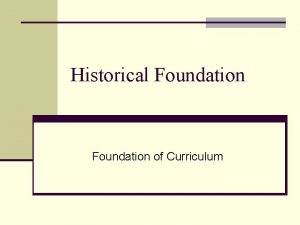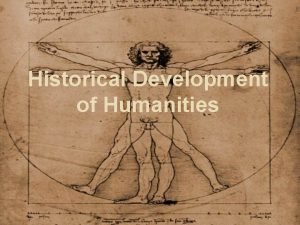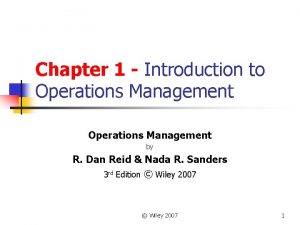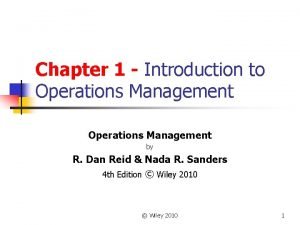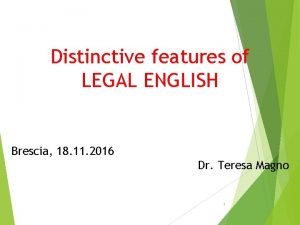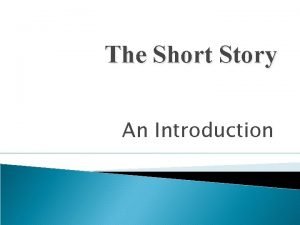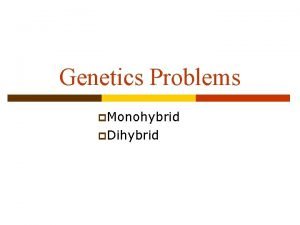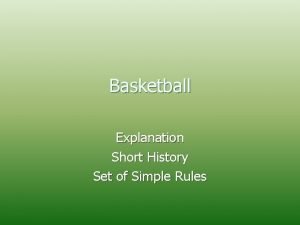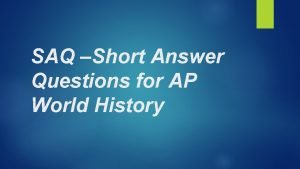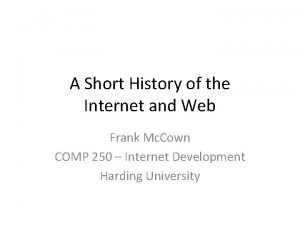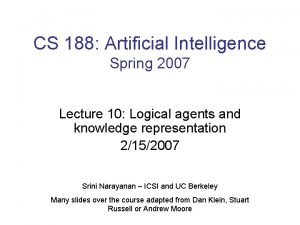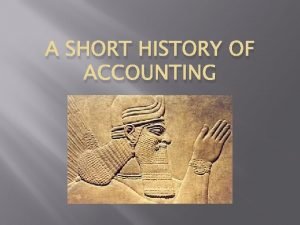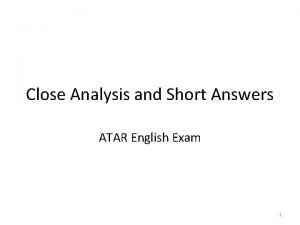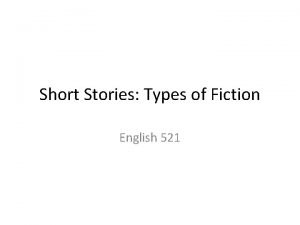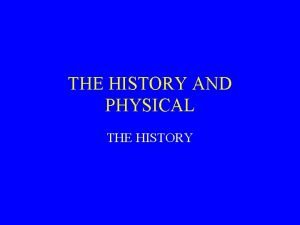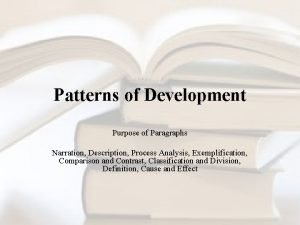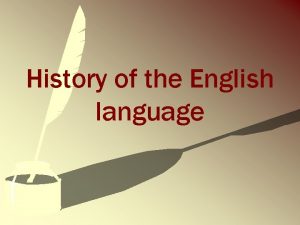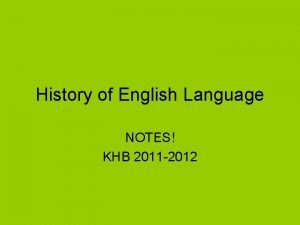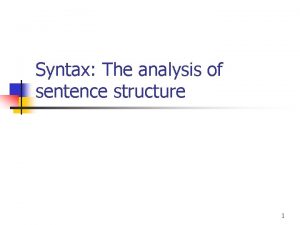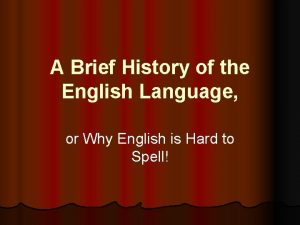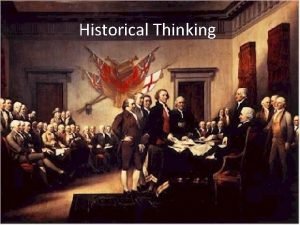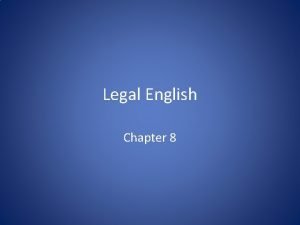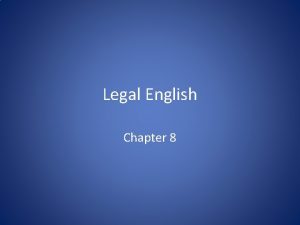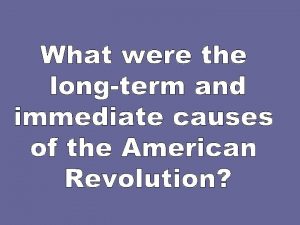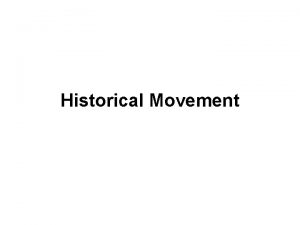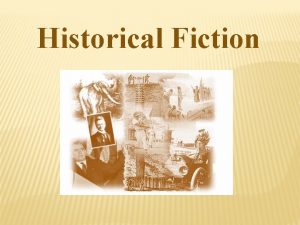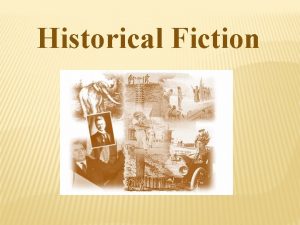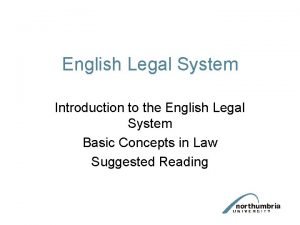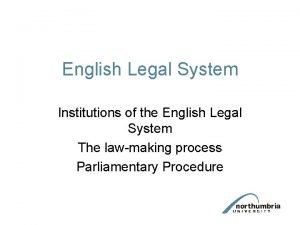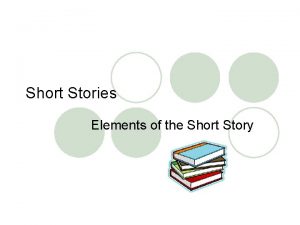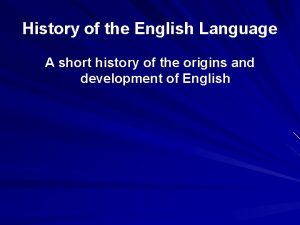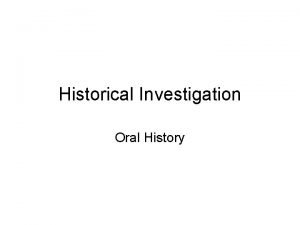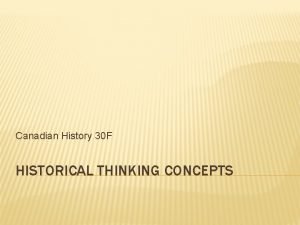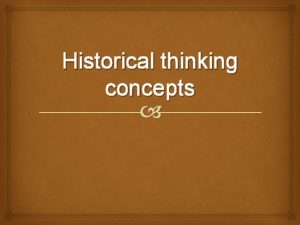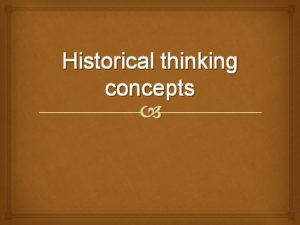LEGAL ENGLISH A SHORT HISTORY PREVIEW Historical development










































































- Slides: 74

LEGAL ENGLISH A SHORT HISTORY

PREVIEW • Historical development of English • Language contacts in the history of English • The spread of English • Development of legal English

A SHORT HISTORY OF ENGLAND • https: //www. youtube. com/watch? v=Vcn. Ss. EVsrf 0

ROMAN BRITAIN (43 -410)

ROMAN RULE (43 -410) • 55 -54 BC Julius Caesar invaded what is now England as part of the Gallic Wars, and was defeated. He wrote in De Bello Gallico that there were many tribes there, very similar to other Celtic tribes in Europe. • 43 AD, Claudius successfully invaded England, which became a Roman province, Britania • 43 -410 Roman Britain • 4 th c. many Britons left to cross the English Channel from Wales, Cornwall and southern Britain, and settled the western part of Gaul, where they started a new nation: Brittany. The Britons gave their new country its name and the Breton language, a sister language to Welsh and Cornish.

HISTORY OF THE ENGLISH LANGUAGE • OLD ENGLISH (c. 450 - c. 1100) • MIDDLE ENGLISH (c. 1100 - c. 1450) • MODERN ENGLISH (c. 1450 - )

MIGRATIONS OF ANGLES, SAXONS AND JUTES

ANGLO-SAXON ENGLAND

ANGLO-SAXON ENGLAND • No continuous tradition of Roman law • Germanic custom + Christian influence • Little literacy, few officials, no central administration, no courts • Early Anglo-Saxon law – primitive and harsh (private vengeance, blood feuds) • Gradually, rulers of the four kingdoms (Kent, Wessex, Mercia, Northumbria) started to intervene against lawlessness and to compose laws, known as dooms, created from existing customs and written in English • „the record of legislation in England is one of the oldest in Europe”

ANGLO-SAXON ENGLAND • The early kings relied on great landowners to whom they granted wide powers of peace-keeping: „There cannot have been much need of courts…to stand between the wrong-doing and retribution: the peace keeper compelled the payment of the set compensation or cut down the outlaw and the thief caught in the act” • Christianity expanded rapidly after 597 (e. g. Aethelbert, king of Kent, familiar with religious practices since his wife, Bertha, a Frankish princess was permitted to hold services in a church at Canterbury with a bishop she brought over to England)

ANGLO-SAXON ENGLAND • Courts – local popular assemblies that met every 4 weeks for the administration of customary law • Most common crimes: homicide, wounding, cattle theft • When an offender was caught, there would be no trial but an immediate finr or, if he was poor, immediate death; if he escaped, he would be outlawed, which sanctioned his being lawfully killed • Courts – no trial on questions of fact; verdict from the Almighty: oath helpers or trials by ordeal: used to determine guilt or innocence

VIKING INVASIONS IN EUROPE (LATE 8 TH C. - MID-11 TH C. )

SCANDINAVIAN PLACE NAMES

LATER OLD ENGLISH (C. 850 - C. 1100) LANGUAGE CONTACTS OLD NORSE Lexical words Nouns: birth, bull, dirt, egg, fellow, husband, leg, sister, skin, sky, skirt, window Adjectives: ill, low, odd, rotten, sly, weak Verbs: call, crawl, die, get, give, lift, raise, scream, take, Function words Pronouns: they (their, them) Conjunctions: though Determiners: some, any Auxiliaries: are Names Family names: -son: Johnson, Stevenson Place names: -by 'farm, town': Derby, Rugby, Whitby; -thorp 'village': Althorp, Linthorp

ALFRED THE GREAT (R. 871 -899) • The machinery and enforcement of law had broken down • Alfred the Great – stemmed the tide of Danish invasions; confined the Danes to an area in the north and east of England – Danelaw; Christianized the Vikings; encouraged learning; secured the beginning of English civilization; laid the ground for the concept of one united kingdom of England • Alfred and his successors – the task to revive the law • Alfred incorporated into his book laws of the best dooms of Kent, Mercia and Wessex, blended with Christian principles; no comprehensive codes • Enacted 77 decrees integrating English and Danish legal systems • Proclaimed there was not to be one law for the rich and another for the poor • Lawsuits were brought in a public assembly – „Folk-moot”

ANGLO-SAXON LAWS: MAIN FEATURES • Power of the Church • Attempt to replace the blood feud and revenge with a payment of compensation • Communal responsibility for the preservation of order (courts as public meetings; popular assemblies – the foundation for the future trial by jury)

THE ANGLO-SAXON PERIOD • Verbal magic • Acts of transfer required complicated and precise language rituals; a single mistake could nullify the act • Use of rhythmic expressions • Alliteration – common in maxims and binary expressions

THE ANGLO-SAXON PERIOD • Inversion to strenghten the impact: I with my eyes saw and with my ears heard • Language gradually became more complex syntactically but still contained elements of spoken language

THE ANGLO-SAXON PERIOD • Some Latin words • Royal legislation and spread of Christianity • Examples: convict, admit, mediate, legitimate

RITUAL AND FORMALISM OF LANGUAGE: THE TRADITION OF VERBAL MAGIC • Middle Ages: magical rites: parties had to recite the words necessary for the course of the trial with absolute accuracy, under penalty of forfeiting their rights

REPETITION • triple repetition: null and void and of no effect, authorized, empowered and entitled to • To tell the truth, the whole truth, and nothing but the truth

REPETITION • Binary expressions: words with the same meaning existed at the same time in the form of Latin-French variants and Anglo-Saxon variants. Repetitions ensured that legal messages were understandable in a multilingual society • Acknowledge and confess, act and deed, devise and bequeath, fit and proper, goods and chattels, will and testament

THE NORMAN CONQUEST: WILLIAM I • William I laid the foundations for strong centralized government and a Common Law, but: • „The Normans were without learning, without literature, without written law” • William enacted few new laws, confirmed some of the old Anglo-Saxon ones • Introduced from Normandy trial by battle to replace ordeal in some situations • William retained the Witan but converted it into a royal council; he also established a royal court which, as the Curia Regis, was destined to replace the Witan • Juries of 12 considered an accusation • Abolished capital punishment (replaced by mutilations); reintroduced by Henry I

HENRY I AND THE ENGLISH LEGAL RENAISSANCE (1133 -1189) • Sent judges through the counties to hear pleas of the Crown while the powerful brought their disputes to Westminster

HENRY II AND THE ENGLISH LEGAL RENAISSANCE (1133 -1189) • Angevin kings – descended from Geoffrey, Count of Anjou, who was Henry’s father • Henry II - centralized royal power; challenged the power of the Church • Curia Regis – enlarged its jurisdiction at the expense of lower courts • Transformed the criminal law from a divinely ordained system to a system based on evidence: trial by jury • Unifying customary law and royal codes into Common Law by establishing a permanent body of professional judges • A strong shift away from Anglo-Saxon feuds and wergild to Angevin public prosecution

HENRY II • Crime – not seem merely as a wrong against the victim but against the Crown with the king as symbolic victim who had to be revenged • Punishments for serious crimes – sanctioned by the state

COMMON LAW • „At a time when Continental sovereigns were looking to theory of Roman law to strenghten their own pretensions to power, the English rulers had already achieved a high degree of centralization of power in the hands of the royal government. As a result, English royal judges were able to administer justice all over the country and they soon suspended the local courts. Wherever the royal justice went, they used the jury…as a means of determining facts. The jury system was therefore an instrument of royal power, and spread as rapidly and widely as the royal courts. ”

BIRTH OF THE LEGAL PROFESSION (1272 -1307) • The Inns of Court were born • Each Inn had chambes where lawyers could reside • Unlike students at the universities, the students at the Inns of Court were taught English law based on an ever-increasing precedents, not Roman or canon law

LATIN AND ANGLO-FRENCH • The Norman Conquest brought to England a French-speaking upper class • Latin – dominant in law • Normans – used Latin in important contexts • 11 -12 c. Latin was the language of legal documents in England

RISE OF LAW FRENCH • 1 st law promulgated in French in 1275 • End of 13 th c. both Latin and French used as legislative languages • Early 14 th c. French used in drafting laws (except in Church matters)

RISE OF LAW FRENCH • 1 st law promulgated in French in 1275 • End of 13 th c. both Latin and French used as legislative languages • Early 14 th c. French used in drafting laws (except in Church matters) • Late 13 th c. the Royal Courts used French during sessions; case reports – prepared in French

RISE OF LAW FRENCH • French became the legal language in England from the late 13 th c. , both for legislation and the law courts • The use of French in English legal circles – a strange phenomenon because in 13 th c. French had already begun to disappear in England as a language of communication; yet the rise of French as language of the law only started at that time

RISE OF LAW FRENCH • Reasons: • A section of the English aristocracy – still French-speaking at the end of 13 th c. • French as the language of culture • Centralisation of justice system consolidated the status of French • Secularisation of the justice system – clerics no longer operated as judges

RISE OF LAW FRENCH • With its general disappearance from England, French had become the mark of the true elites • Legal profession – monopoly of the elites • French – guarantee that the people could not meddle in the justice system because they were unable to follow the trial • Law French – even then a dead language: its expressions had a clear legal meaning; appropriate for use as legal terms

DECLINE OF LAW LATIN AND LAW FRENCH • 1362 Statute of Pleading – drafted in French! – prescribed that judges were to use English but that court minutes could still be prepared in Latin • According to Sir Edward Coke, it was better that the unlearned were not able to read legal materials because they would get it all wrong and harm themselves!

DECLINE OF LAW LATIN AND LAW FRENCH • End of 14 th c. parliamentarians were using spoken English • Still in 17 th c. possible to hear law French in the Inns of Court, and, occasionally, in the courts; a number of legal works – still written in law French • French and Latin finally abolished in 1731

DECLINE OF LAW LATIN AND LAW FRENCH • Latin – declined in 16 th and 17 th c. ; remained an important legal language: court records, writs and other legal documents written in Latin until 18 th c.

DOMINANCE OF LATIN, FRENCH AND ENGLISH • 1000 1200 1500 2000 • Latin supremacy • Law French • English supremacy

WORDINESS OF ENGLISH LEGAL LANGUAGE: INFLUENCE OF CASE-LAW • Mylward v. Weldon (1596) the plaintiff produced a pleading running to 120 pages • Examples of wordiness: (Mattila 2006: 235 -236)

ORTHOGRAPHY AND PRONUNCIATION • Legal language – a tool of group cohesion, or team spirit • French and Latin pronounced as English words • Oyez pronounced as oou-yes

INFLUENCE OF OTHER LANGUAGES • Legal English – a language of interaction between Old English (Anglo-Saxon, with Scandinavian elements), Medieval Latin, Old French • Latin and French expressions - part of the most basic vocabulary of English law; foundations of English legal thinking • Calques – translations from Latin and French (originally, common law was comune ley)

LATIN • Legal maxims: ubi jus, ibi remedium • Ratio decidendi, obiter dicta • Ordinary Latin: versus; pro se (said of an individual representing themselves in court, i. e. without legal representation)= in propria persona, in forma pauperis (exempt from paying court costs) ex parte (‘from one party only, for the benefit of one party only’), mens rea, scienter (‘knowingly’), animus testandi (‘intention to make a will’)

LATIN • Technical meaning: amicus curiae • A private individual, a legal person, even the State that gives the court specific legal information

LATIN • shortened expressions • Nisi prius (‘unless before’) = a matter of proceedings at first instance with a jury present • Affidavit (‘he affirmed’) = ‘a written or printed declaration confirmed by an oath’ • Habeas corpus (‘you may have the body’) = a judge’s order to bring a prisoner before the court to clarify the legality of detaining him

LATIN • legal discourse markers • Aforesaid < predictus; said < dictus • In medieval England, when a person’s name appeared for the 1 st time preceded by quidem ‘a certain’; later, the words predictus, dictus or idem were used

LAW FRENCH • Real property law: pur autre vie ‘for or during the lifetime of a third party’, terre-tenant • Most technical legal vocabulary goes back to Old French: assault, infraction, damage, action, counsel, defendant, judge, jury, party, process, verdict

LAW FRENCH • Influence on word formation: • Old French past participle: -e or –ee (for the person obtaining sth or forming the object of an action • Doer of the action: -or/-er • Employer/employee, trustor/trustee, vendor/vendee

LAW FRENCH • Word order • Accounts payable, attorney general, court martial, fee simple, letters patent

LAW OF CONTRACT • The language of a contract governed by common law should be general enough to cover every situation, yet precise enough to ensure that the legal position of the parties is unambiguous • The contract should show with certainty what it includes and what it does not (Ibid: 237)

LAW OF CONTRACT • Case law – fundamental • If the parties omit sth from the contract, they cannot rely on the courts to insert it later on their behalf by way of interpretation • Terms of a contract – always interpreted narrowly: parol evidence rule: if the meaning of a written contract is clear, then no other evidence is allowed as to its content; the contract should contain all that is needed

CHARACTERISTICS OF LEGAL ENGLISH • English – a global language • Varies according to different situations; sometimes: stiff and conservative, sometimes innovative and creative • Difference between the spoken language of court sessions and written legal language

MIDDLE ENGLISH (C. 1100 -1450) FRENCH INFLUENCE Administration Authority, bailiff, baron, chamberlain, chancellor, constable, council, court, crown, duke, empire, exchequer, government, liberty, majesty, mayor, messenger, minister, noble, palace, parliament, prince, realm, reign, revenue, royal, servant, sir, sovereign, statute, tax, traitor, treason, treasurer, treaty Law Accuse, advocate, arrest, arson, assault, assize, attorney, bail, bar, blame, convict, crime, decree, depose, estate, evidence, executor, felon, fine, fraud, heir, indictment, inquest, jail, judge, jury, justice, larceny, legacy, libel, pardon, perjury, plaintiff, plea, prison, punishment, sue, summons, trespass, verdict, warrant Military Ambush, archer, army, battle, besiege, captain, combat, defend, enemy, garrison, guard, lance, lieutenant, navy, retreat, sergeant, siege, soldier, vanquish

DECLINE OF LAW LATIN AND LAW FRENCH • 1362 Statute of Pleading “All lawsuits shall be conducted in English, because French is much unknown in the said realm” – drafted in French!

DOMINANCE OF LATIN, FRENCH AND ENGLISH • 1000 1200 1500 2000 • Latin supremacy • Law French • English supremacy

RICHARD MULCASTER (1582) • “The English tongue is of small account, stretching no further than this island of ours, nay not there over all. ”

THE SPREAD OF ENGLISH

ENGLISH AS A GLOBAL LANGUAGE: • Some 1, 200 -1, 500 million people in command of English; 670 million native speakers • English – official language in 75 states or administrative territories • 85% international organisations use English as one of their languages • Dominance in international trade

LEGAL ENGLISH AS A GLOBAL LANGUAGE: EXPANSION OF COMMON LAW • Some 1, 200 -1, 500 million people in command of English; 670 million native speakers • English – official language in 75 states or administrative territories • 85% international organisations use English as one of their languages • Dominance in international trade

TRIPARTITE MODEL (B. KACHRU)

LEGAL ENGLISH AS A GLOBAL LANGUAGE: EXPANSION OF COMMON LAW • Some 1, 200 -1, 500 million people in command of English; 670 million native speakers • English – official language in 75 states or administrative territories • 85% international organisations use English as one of their languages • Dominance in international trade

LEGAL ENGLISH IN THE UNITED STATES • The influence of English law – terminated with the independence • Nevertheless, the approach to the legal order, fundamental principles and concepts of law, essential legal terminology - the same in England the US

AMERICAN LEGAL CULTURE • Fundamental ideas in line with the English tradition • 1) supremacy of the law (rule of law) • 2) rule of precedent • 3) adversarial procedure

AMERICAN LEGAL CULTURE • Separation between private and public law less important than in civil law countries • Separation of powers • federalism

CHARACTERISTICS OF AMERICAN LEGAL ENGLISH • Institutions whose structure differs from those in England – original designation (e. g. names of courts: Federal justice system: district courts, courts of appeals, the Supreme Court)

DIFFERENCES BETWEEN UK AND US ENGLISH • Corporation – company • Visiting rights – right of access

SIMILARITIES • Traditional expressions: hereafter, herein, hereof, herewith • complexity

LEGAL ENGLISH IN THE INDIAN SUBCONTINENT: ANGLO-INDIAN LAW • Common law took root alongside the traditional systems of law: Hindu law and Muslim law – application limited to traditional branches of law (family law, inheritance) • 19 th c. a large number of laws came into force; prepared by the British, often in London • The highest judicial organ: the Judicial Committee of the Privy Council (London)

EXPANSION AND CHANGE OF LEGAL ENGLISH IN INDIA • English – language of higher education and colonial administration • 1837 English became the official language in India • From 1844 only those educated in English could be appointed civil servants

EXPANSION AND CHANGE OF LEGAL ENGLISH IN INDIA • Republic of India – English remains the language of higher education and science; Hindi – National Official Language • English – language of government and the higher justice system

EXPANSION AND CHANGE OF LEGAL ENGLISH IN INDIA • Pakistan – Urdu • Bangladesh – Bangla (formerly: Bengali) • Legal terminology and style in India and Pakistan – essentially British • English sometimes operates as a linguistic tool even of Islamic law; differences: terms expressing original concepts of Islamic law • “In Pakistan, the language of Islamic law is in fact legislative English” (N. Ahmad)

LEGAL ENGLISH IN INTERNATIONAL TRADE • Lawyers in non-English speaking countries daily drawing up contracts in English; often contain language similar to traditional common law contracts – serious problems • Cultural collision • Civil lawyers may copy common law contracts without fully understanding them

LEGAL ENGLISH IN INTERNATIONAL TRADE • “While it is open to the parties in dispute over a contract to adduce evidence as to the meaning of specific foreign words, it is not possible at common law to adduce evidence as to the actual intention of the parties when the contract was executed”

CONTRADICTORY INTERPRETATION • A contract in commercial law, with connectingh factors with different States is expressly submitterd or may be submitted by way of interpretation to a definite legal order • Legal disputes arising from the contract heard either by an arbitration tribunal or the courts of a State

CONTRADICTORY INTERPRETATION • Where litigation has to be heard by a State’s court, the interpretation may cause considerable surprise to one of the parties • A British or North American court tends to interpret the terms of a contract drawn up in English in line with traditional common law thinking • The terms may acquire a meaning completely different from that imagined by the party from a continental country • Efforts to develop terminology that is not too closely linked to the legal orders of particular States
 Long and short
Long and short Define the term community development
Define the term community development Nhd thesis statement examples
Nhd thesis statement examples Thesis statement summary
Thesis statement summary Test prep preview
Test prep preview Test prep preview
Test prep preview Test prep preview
Test prep preview Test prep preview
Test prep preview Sccm technical preview
Sccm technical preview Preview statement speech example
Preview statement speech example What is a preview statement
What is a preview statement Test prep preview
Test prep preview Nnn preview
Nnn preview The selection preview
The selection preview Test prep preview
Test prep preview The four agreements preview
The four agreements preview Test prep preview
Test prep preview Line between pada perintah column digunakan untuk membuat
Line between pada perintah column digunakan untuk membuat Classic trio' of selection techniques
Classic trio' of selection techniques Test prep preview
Test prep preview How to skim effectively
How to skim effectively 1984 book preview
1984 book preview Yandex ru video
Yandex ru video Nút lệnh print preview nằm ở đâu
Nút lệnh print preview nằm ở đâu Tams ut austin
Tams ut austin Review and preview
Review and preview Benefits of hr forecasting
Benefits of hr forecasting Disadvantages of realistic job preview
Disadvantages of realistic job preview Multi-channeled definition in communication
Multi-channeled definition in communication Preview speech
Preview speech Preview of main points
Preview of main points Nnn image preview
Nnn image preview Fungsi movie task pane
Fungsi movie task pane Historical thinking skills apush
Historical thinking skills apush Historical thinking skills ap world
Historical thinking skills ap world Old english period historical background
Old english period historical background Old english period historical background
Old english period historical background Historical foundation of curriculum
Historical foundation of curriculum Evolution of community health nursing
Evolution of community health nursing History of the hospitality industry
History of the hospitality industry Historical development of environmental law
Historical development of environmental law Historical development of environmental education
Historical development of environmental education History of technology ppt
History of technology ppt Primitive era of physical education
Primitive era of physical education Describe the historical background of humanities
Describe the historical background of humanities Historical development of production management
Historical development of production management Aristotle social psychology
Aristotle social psychology Historical development of operations management
Historical development of operations management Legal english brescia
Legal english brescia Example of a short story
Example of a short story Hh
Hh Simple basketball rules
Simple basketball rules Earliest form of tennis was known as
Earliest form of tennis was known as How to write an saq ap world
How to write an saq ap world What is history short answer
What is history short answer Saq format
Saq format Short history of the internet
Short history of the internet The greatest contributor to our present gymnastics program
The greatest contributor to our present gymnastics program Short history of ai
Short history of ai Short history of accounting
Short history of accounting Why does molly ask for a fur coat
Why does molly ask for a fur coat The cat and the mice story writing
The cat and the mice story writing School magazine ideas
School magazine ideas Short oral presentation
Short oral presentation Short response answers
Short response answers Poem trees
Poem trees Short story with characters setting plot conflict and theme
Short story with characters setting plot conflict and theme Ano ang maikling kwento
Ano ang maikling kwento Two frogs had lived in a village all their lives
Two frogs had lived in a village all their lives History also history physical
History also history physical What pattern of development
What pattern of development Proto-english
Proto-english History of english language timeline
History of english language timeline Syntax meaning
Syntax meaning Brief history of english language
Brief history of english language


